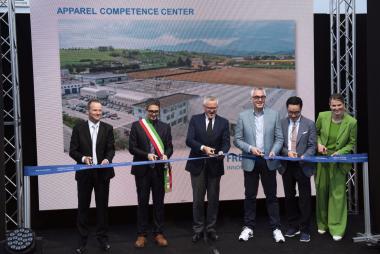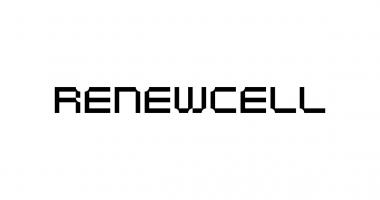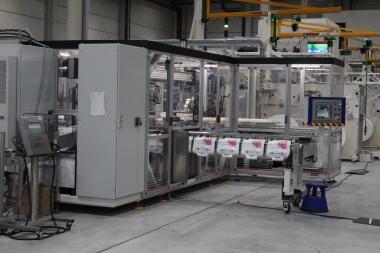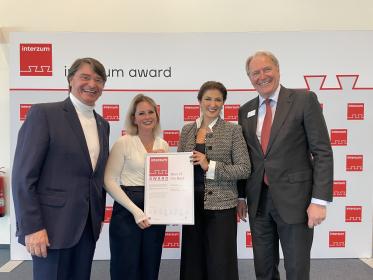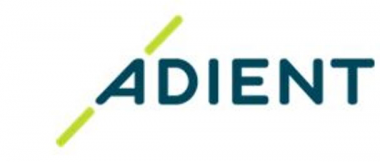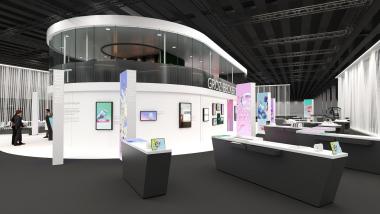Archroma and COLOURizd™ collaborate to make fashion more sustainable
Archroma, a leader in specialty chemicals towards sustainable solutions, is teaming up with COLOURizd™, an innovator specializing in sustainable textile dyeing technologies, to set a new standard for the eco-friendlier production of sustainable textiles.
The new collaboration will enable fabric mills and brands to combine Archroma pigment coloration solutions with the COLOURizd™ QuantumCOLOUR™ yarn-coloring technology to produce high-quality, high-performance textiles with maximum consumer appeal and minimal environmental impact.
Conventional fiber-reactive methods of dyeing cellulosic and synthetic yarns are multi-step resource-intensive processes that use up to 95 liters of water per kilograms of colored yarn and discharge approximately 94 liters of effluent.
In contrast, the innovative QuantumCOLOUR™ process injects pigment and a binder directly into the yarn, using only 0.95 liters of water per kilograms of colored yarn while producing zero effluent. This represents an unprecedented reduction of 98% in water consumption alongside zero wastewater discharge, zero discharge of harmful chemicals, 73% decrease in carbon footprint and 50% reduction in energy use.*
With Archroma, textile manufacturers and apparel brands can add further value to the QuantumCOLOUR™ process with tailor-made system solutions, including JUST COLOR. This formaldehyde-free** pigment coloration system is based on Archroma’s revolutionary Printofix® pigment dispersions and Helizarin® binders to deliver exceptionally soft fabrics with high fastness and durability, while also enabling energy and chemical savings and higher productivity.
* As tested by Peterson Control Union
** Below limits of detection according to industry standard test methods
Archroma













